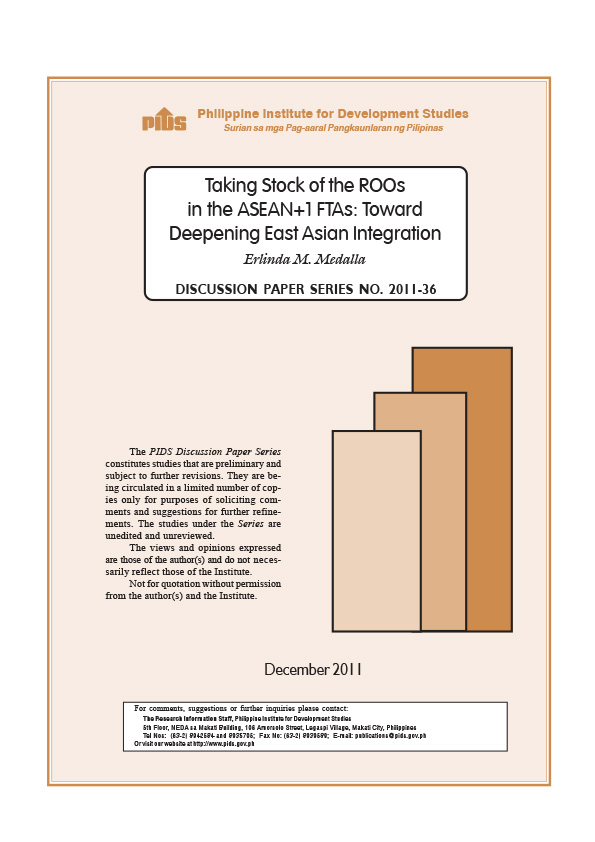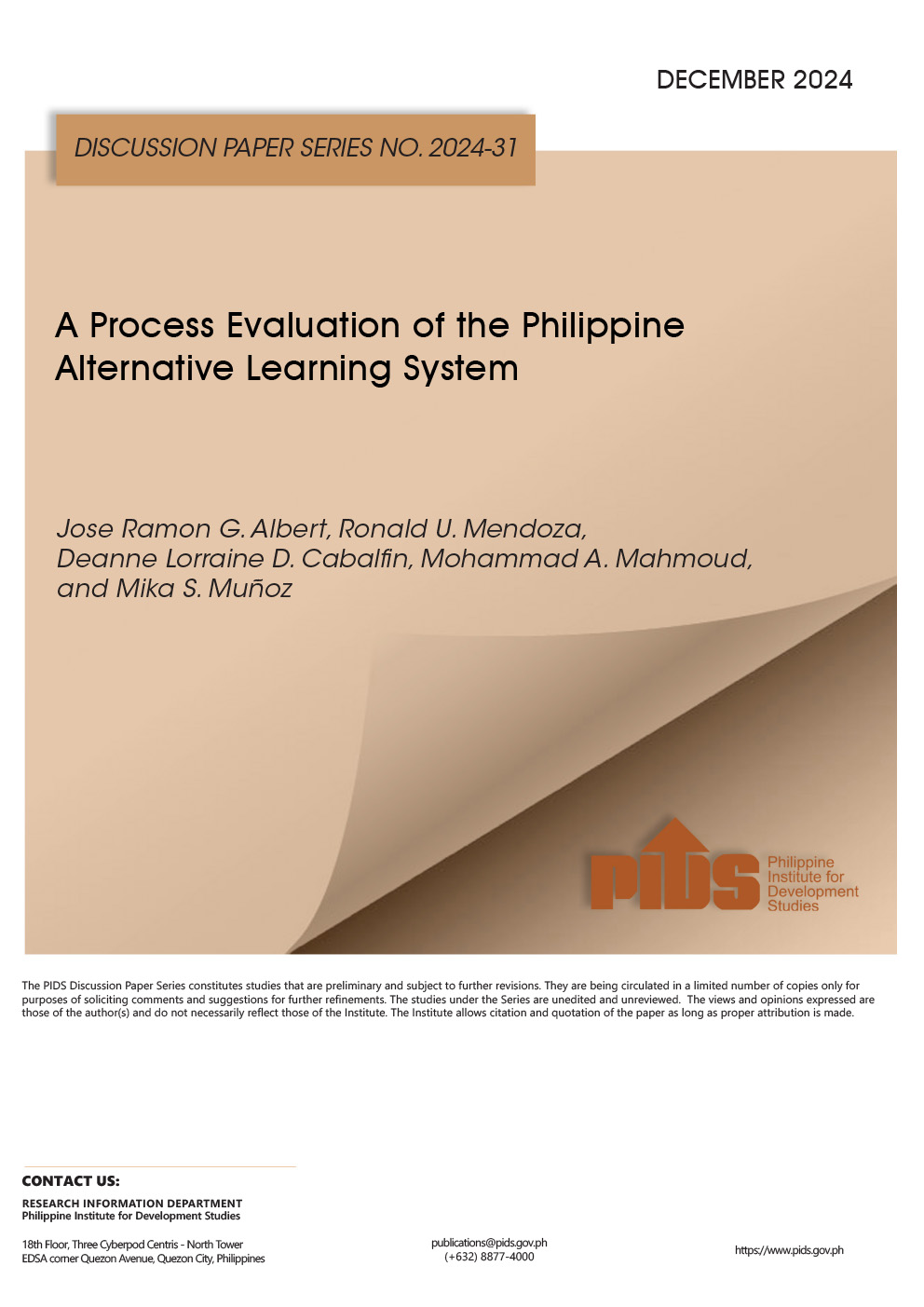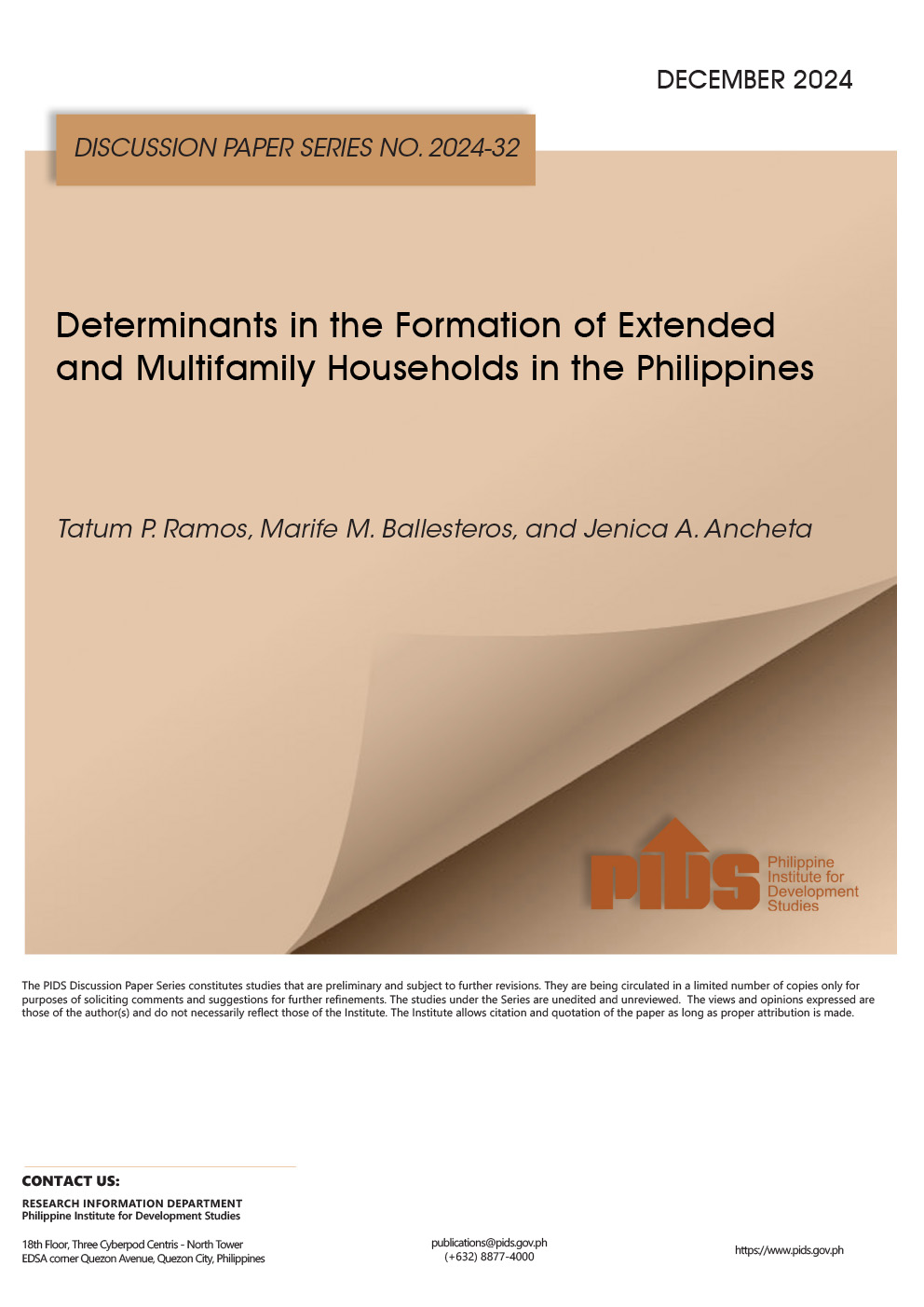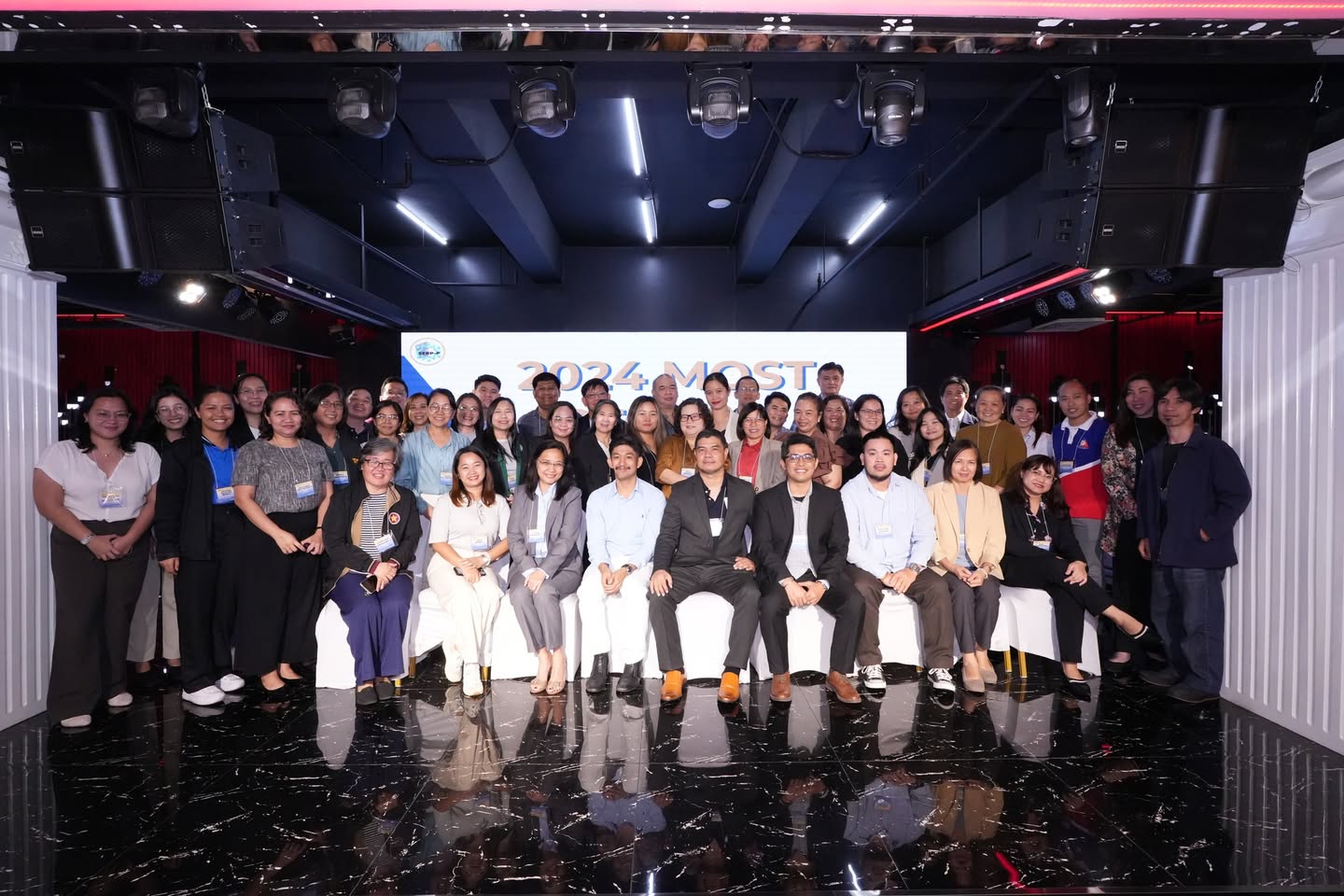This paper compiles a database on the rules of origin (ROOs) of the ASEAN plus 1 FTAs--namely ASEAN Trade in Goods Agreement, ASEAN-Korea FTA, ASEAN-China FTA, ASEAN-Japan Comprehensive Economic Partnership, ASEAN-Australia-New Zealand FTA. For further insights, database compilation is also done for the bilateral FTAs forged by Japan with individual ASEAN countries and India. Multiple FTAs could create a complex web of rules. Using the database, this paper assesses the various ROO regimes of these FTAs, particularly with respect to their degree of commonality and relative restrictiveness. A methodology for measurement is formulated and restrictiveness indices are computed. The paper then suggests recommendations for ROO reforms within the context of trade facilitation and deepening East Asian regional integration. The paper also suggests further methodologies for analysis, especially where the database from the ERIA FTA mapping project could be useful.
Citations
This publication has been cited 4 times
- Aldaba, Rafaelita M. 2015. How are firms responding to Philippine free trade agreements?. Working Papers id:7145. eSocialSciences.
- Aldaba, Rafaelita M et.al. 2015. How are firms responding to Philippine free trade agreements?. Discussion Papers DP 2015-22. Philippine Institute for Development Studies.
- Menon, Jayant. 2014. From spaghetti bowl to jigsaw puzzle? Fixing the mess in regional and global trade. Asia and the Pacific Policy Studies, 1, No. 3, 470-483. Wiley Blackwell.
- Okabe, Misa. 2015. Impact of free trade agreements on trade in East Asia. Working Papers DP-2015-01. Economic Research Institute for ASEAN and East Asia (ERIA).













